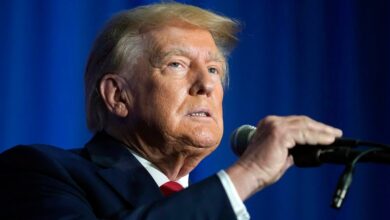TikTok Ban Legislation Clears the House: What’s Next?

The TikTok Ban Bill has successfully passed the House of Representatives, marking a pivotal moment in the ongoing debate over the popular social media platform’s future in the United States. This legislative move reflects growing bipartisan concerns regarding national security and data privacy, with TikTok caught at the center of geopolitical tensions between the U.S. and China.
Following the House’s approval, the bill now advances to the Senate, where it faces further scrutiny. Senators from both parties have expressed varying degrees of support and skepticism, highlighting the complexity of the issue at hand. The discussions in the Senate are expected to delve deeper into the implications of banning TikTok, balancing national security concerns with considerations around free speech and innovation.
The bill’s passage through the House signals a significant shift in legislative attitudes towards major tech companies, particularly those with ties to foreign governments perceived as adversaries. It underscores the willingness of U.S. lawmakers to take decisive action against platforms that might pose a threat to national security, regardless of their popularity among American users.
As the bill moves to the Senate, key stakeholders, including tech industry leaders, civil liberties organizations, and TikTok itself, are gearing up for a comprehensive debate. TikTok has reiterated its commitment to user privacy and security, outlining measures it has taken to protect American users’ data from foreign influence. However, critics argue that the app’s ownership structure and data practices necessitate stringent oversight.
The Senate’s consideration of the TikTok Ban Bill is not just about one social media platform; it’s a broader examination of the U.S. approach to cybersecurity, international relations, and digital governance. The outcome could set a precedent for how the U.S. navigates the complex interplay between technology, privacy, and national security in the digital age.
As the bill progresses, all eyes are on the Senate, where the debate is set to intensify. Stakeholders across the spectrum are keenly aware of the implications, both domestically and internationally. The decisions made in the coming weeks could redefine the landscape of digital communication and diplomacy, marking a new chapter in the ongoing saga of tech regulation and geopolitical rivalry.




